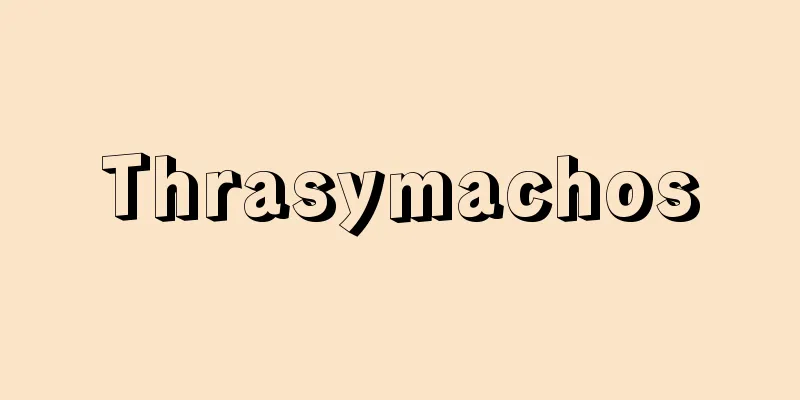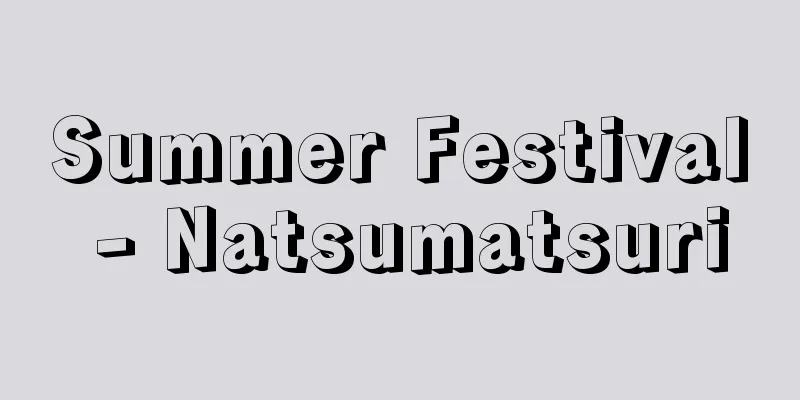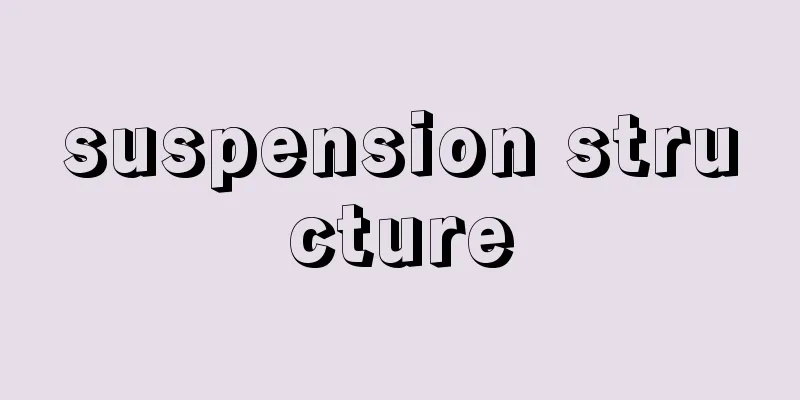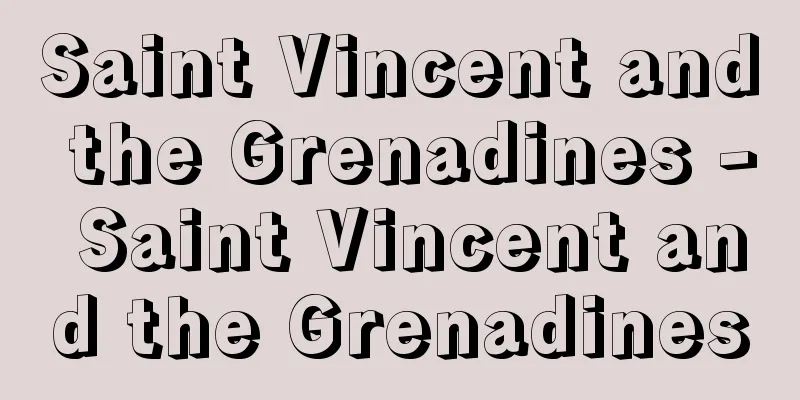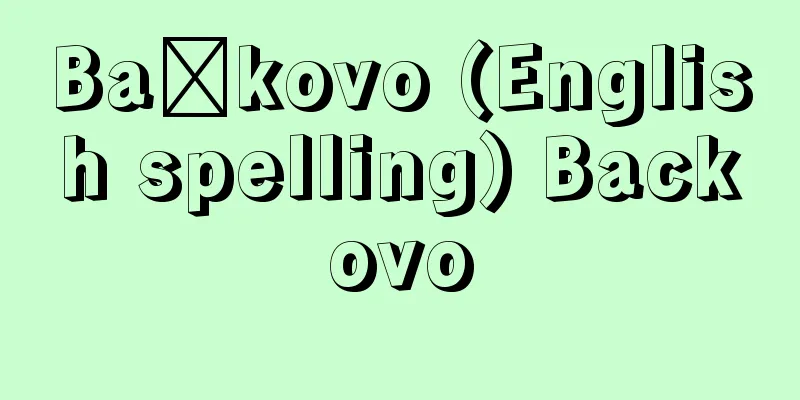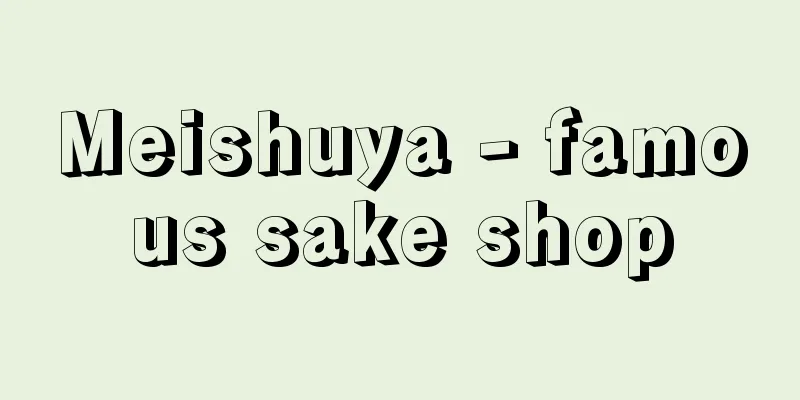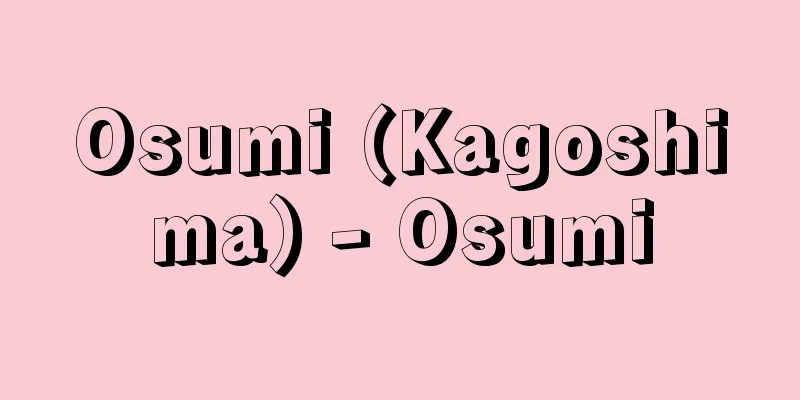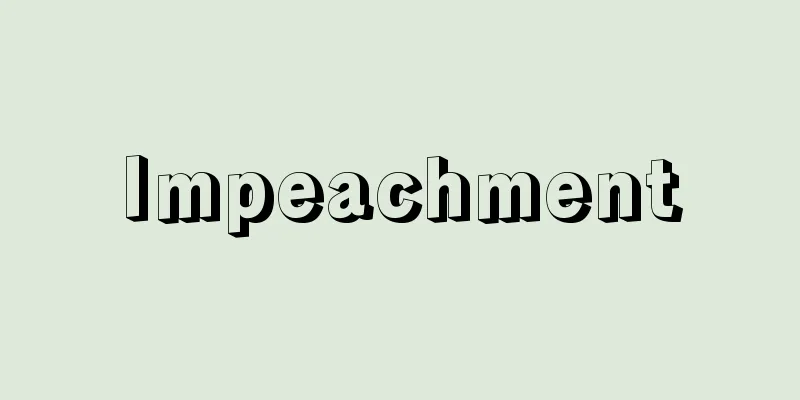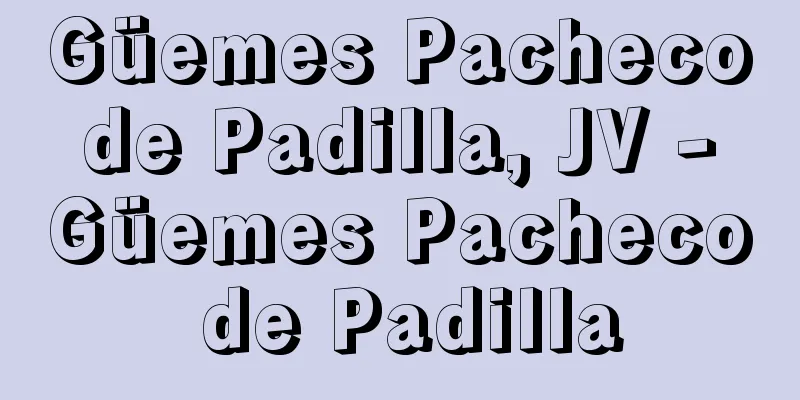Six Writings - Rikusho

|
This explains the composition and use of Chinese characters, dividing them into six categories. The oldest concrete explanation is found in the article in the Shuowen Jiezi (written by Xu Shen in the Later Han Dynasty, memorialized in 121), which explains (1) ideographical characters (those showing abstract concepts, such as "up" and "down"); (2) pictographical characters (illustrated shapes of things, such as "sun" and "moon") ((1) and (2) are single characters); and (3) phono-semantic characters (also called harmonious sounds, such as "jiang" and "he" that combine phonetic notations and meanings). Most Chinese characters fall into this category. They refer to (1) a character that belongs to a certain family, (2) a character that belongs to a certain family, (3) a character that belongs to a certain family, (4) a compound character that combines the meanings of two or three characters, such as "武" (bu) (shin) (faith) (trust), (5) a character that belongs to a certain family, (6) a character that belongs to a certain family, (7) a character that belongs to a certain family, (8) a character that belongs to a certain family, (9) a character that belongs to a certain family, (10) a character that belongs to a certain family, (11) a character that belongs to a certain family, (12) a character that belongs to a certain family, (13) a character that belongs to a certain family, (14) a character that belongs to a certain family, (15) a character that belongs to a certain family, (16) a character that belongs to a certain family, (17) a character that belongs to a certain family, (18) a character that belongs to a certain family, (19) a character that belongs to a certain family, (20) a character that belongs to a certain family, (21) a character that belongs to a certain family, (22) a character that belongs to a certain family, (23) a character that belongs to a certain family, (24) a character that belongs to a certain family, (25) a character that belongs to a certain family, (26) a character that belongs to a certain family, (27) a character that belongs to a certain family, (28) a character that belongs to a certain family, (29) a character that belongs to a certain family, (30) a character that belongs to a certain family, (31) a character that belongs to a certain family, (32) a character that belongs to a certain family [Yutaka Tsukishima] [Reference] |Source: Shogakukan Encyclopedia Nipponica About Encyclopedia Nipponica Information | Legend |
|
漢字の構成法ならびに転用法を六種に分けて説明したもの。『説文解字(せつもんかいじ)』(後漢(ごかん)の許慎撰(きょしんせん)、121年上奏)の叙にある記事が具体的説明の最古例で、(1)指事(「上」「下」等、抽象的概念を示すもの)、(2)象形(「日」「月」等、物の形を図示したもの)((1)(2)は単独文字)、(3)形声(諧(かい)声とも。「江」「河」等、音符と意義とをあわせたもの。大部分の漢字はこれに属する)、(4)会意(「武」「信」等、2、3字の意義をあわせたもの)((3)(4)は合成文字、(1)~(4)は漢字構成法)、(5)転注(「令」が「命令」の意から「君長」の意へ等、字義が転じた際、もとの字を転用するもの)、(6)仮借(「而」が「ひげ」の意から「しこうして」の意へ等、意義に関係なく同音の別語を表すもの)((5)(6)は転用法)をいう。順序や転注の内容に異伝があるが、漢字の起源・構成の説明として広く行われた。 [築島 裕] [参照項目] |出典 小学館 日本大百科全書(ニッポニカ)日本大百科全書(ニッポニカ)について 情報 | 凡例 |
Recommend
Baffin Bay - Baffin Bay
A bay in northeastern Canada, stretching between ...
Tampa - Tampa (English spelling)
A city in western Florida, USA. Population 303,44...
Don Juan Tenorio (English spelling)
…He sought themes from folklore and history. His ...
Polygonia c-aureum
A butterfly of the Nymphalidae family of the Lepid...
equilibrium diagram
...A diagram showing the boundaries between diffe...
Kayado - Kendou
(Noun) (From the garden in front of the woman'...
Prometheus - Prometheus (English spelling)
One of the Titans in Greek mythology. Brother of ...
Yunomineshida - Yunomineshida
A perennial fern of the Acanthaceae family. It is ...
Botrychium virginianum
…[Masahiro Kato]. . . *Some of the terminology th...
General Transportation Problem - Ippan ga tayuso mondai
… [Transportation problem with capacity constrain...
Aminopeptidases
An enzyme belonging to [EC3.4.11]. An enzyme that ...
Toshimitsu Saito
Year of death: June 17, 1582 (July 6, 1582) Year o...
Otsudo - Otsudo
〘noun〙① In the ritsuryo system, breaking the three...
Hibimidoroh - Hibimidoroh
A green, short, hair-like seaweed that often grows...
Felis concolor coryi (English spelling)
…[Tadaaki Imaizumi]. … *Some of the terminology t...
